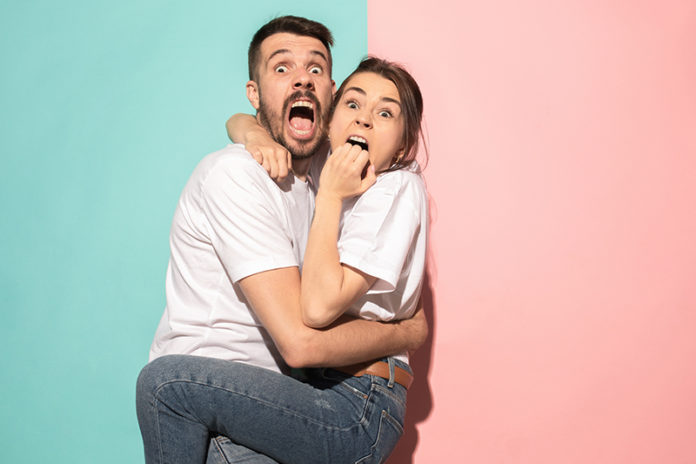The reaction to the Supreme Court ruling on New York’s gun laws was a classic case of unjustified panic. New York Gov. Kathy Hochul called it “reckless” and “reprehensible.” The liberal Marshall Project said it “guts gun control.”
In reality, the decision merely requires the state to do what 43 others have done: set up a system for law-abiding citizens to get permits to carry concealed handguns. It will probably have only a modest effect on the number of people packing in public, and its consequences for crime are likely to be invisible.
Liberals are fond of saying, as they often have in the era of Donald Trump, that we are a nation of laws, not of men. We don’t want the president to have the power to punish his enemies on a whim. We want him to be constrained by laws that apply equally to all.
It’s the soundest of principles. But when the Supreme Court upheld it in this case, liberals were not applauding.
Most states provide permits to anyone who meets specified requirements: being age 21, passing a background check, getting fingerprinted, paying a fee and so on.
New York, however, is not so impartial. It requires applicants to convince a judge or law enforcement official that they have “a special need for self-protection distinguishable from that of the general community.” Living in a crime-ridden area or being a victim of violence is not enough.
This approach invites arbitrary and inequitable decisions. Many big shots have been able to get concealed-carry permits — including radio host Howard Stern, actor Robert DeNiro and a former reality-TV star named Trump.
But little people can’t count on it. Public defenders representing clients in Harlem, the Bronx and Brooklyn filed a brief arguing that Blacks and Latinos, who were disproportionately harmed by the New York Police Department’s stop-and-frisk tactics, should not have to get its approval to carry guns. Discretion invites discrimination.
What will this decision mean for public safety? Not much. Illinois once refused to allow anyone to carry concealed guns. In 2012, a federal appeals court ruled the policy unconstitutional and ordered the state to begin issuing permits.
Since then, the murder rate in the state has risen, as it has in the nation as a whole. But don’t blame this change. Some 315,000 Illinoisans have such permits. A 2019 Chicago Tribune investigation found only two permitholders who have been charged with murder.
The need for self-defense, which the court recognized in its landmark Second Amendment cases more than a decade ago, does not evaporate once a gun owner leaves her home. A New York resident who feels safe at home may reasonably feel at risk in many New York neighborhoods. But justified fear was insufficient to obtain a permit under the New York regime.
A more accommodating policy may sound like a terrible idea in an era of mass shootings and widespread gun violence. But violent crime is exactly why many people feel obliged to arm themselves.
There is no reason to think that a nondiscretionary system will spawn more carnage. Mass shooters don’t need concealable weapons — and wouldn’t comply with a permit requirement anyway.
A 2020 study by the RAND Corp., a nonpartisan think tank, said the evidence that more guns leads to more homicides or even more gun homicides is “inconclusive.”
As for gang wars and street crime, concealed-carry permit holders aren’t the problem. As Duke University scholar Philip J. Cook has noted, “Most people who commit assault, robbery or murder with a gun anywhere in the U.S. are disqualified under federal law from being in possession of a gun due to age, criminal record, addiction status, immigration status or other reason.”
The ruling doesn’t entitle anyone who owns a gun to tote it in public. As Justice Brett Kavanaugh wrote in a concurrence joined by Chief Justice John Roberts, “the Court’s decision does not prohibit States from imposing licensing requirements for carrying a handgun for self-defense.”
States can require more extensive training and add exclusions based on mental health, juvenile offenses and the like. Tighter rules are fine as long as they are administered impartially. New York can impose gun bans in government buildings, schools and public transit. It can also empower private businesses to do the same on their premises.
For New Yorkers who feel an acute need to carry a gun for protection, the ruling is a huge deal. For everyone else, it’s likely to be a nonevent.































